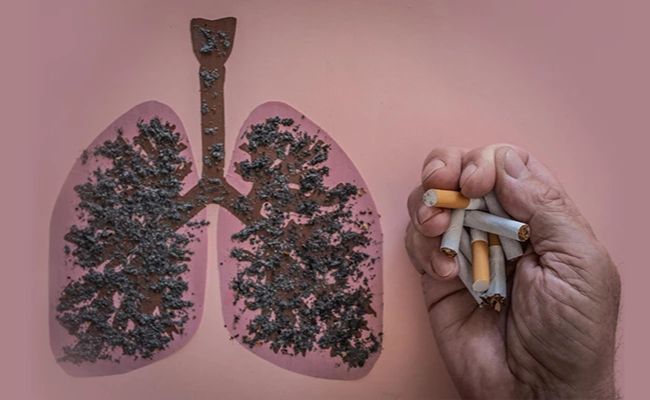Health insurance holders are likely to get more wellness and preventive features, including Outpatient Department (OPD) consultations or treatments, pharmaceuticals, health check-ups and diagnostics, and discount vouchers in gyms and yoga centres in a policy package as part of the draft guidelines being framed by the Insurance Regulatory and Development Authority of India(IRDAI).
Some insurance companies have reduced premiums and are offering discount coupons to clients who join gyms, quit smoking or live a healthy lifestyle, including doing regular yoga. The idea is to reduce hospital admissions and severity of diseases.
The services proposed include “outpatient consultations or treatments, pharmaceuticals, health check-ups/diagnostics”, including discounts on these services by redeemable vouchers. However, these open and direct incentives to policyholders will also need strict monitoring in order to prevent unhealthy competition and misuse.
Health insurance works on the principle of statistics. The larger the number of people who get insured, the greater is the viability of any insurance set-up. Insurance premiums are also decided on the vital statistics of a country. For instance, in a population of 1.3 crore in Delhi, 250 deaths occur every day. That is taken into account along with the number of beds available in Delhi, including bed occupancy and the average stay of a patient in a hospital. Nowadays, most insurance coverage reimburses hospitals and doctors based on the principle of DRG (Disease Related Groups). In this, similar disease patterns get reimbursement.
Take Ayushman Bharat Yojana. On paper it says that it covers a family for up to Rs 5 lakh per annum. But this is not true. Most treatment packages are capped. For a family to spend Rs 5 lakh a year will, probably, require all five members of the family getting admitted multiple times a year.
The average payout of an admission in Ayushman Bharat Yojana is only Rs 20,000. Packages which provide Rs 1 lakh for treatment are for uncommon diseases that afflict once in a lifetime, for example a heart bypass.
Internationally, OPDs are covered under yearly insurance but with a rider. They do not cover dental treatments, and drug prescriptions are with co-pay (a fixed amount for a covered service paid by a patient to the provider of service before receiving the service). Whenever there is co-pay, the chances of misuse of insurance policy are low.
The Medical Council of India’s ethics regulation 7.7 can cancel the licence of a doctor if he or she is involved in creating any document which amounts to fraud. Registered medical practitioners are in certain cases bound by law to give certificates, notifications, reports and other documents signed by them in their professional capacity for subsequent use in courts or for administrative purposes.
Any registered practitioner who is shown to have signed any such document which is untrue, misleading or improper, is liable to have his or her name deleted from the register. Similarly, under Indian Penal Code 193, there is a punishment of up to seven years for issuing fabricated documents along with a fine.


